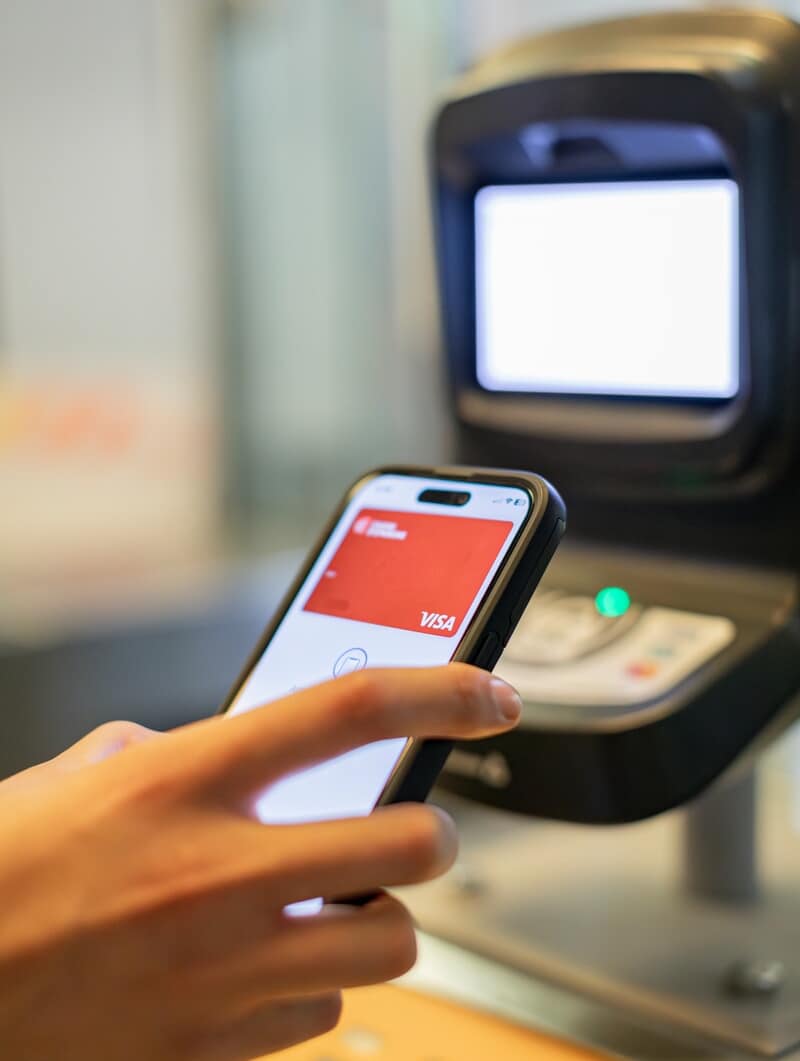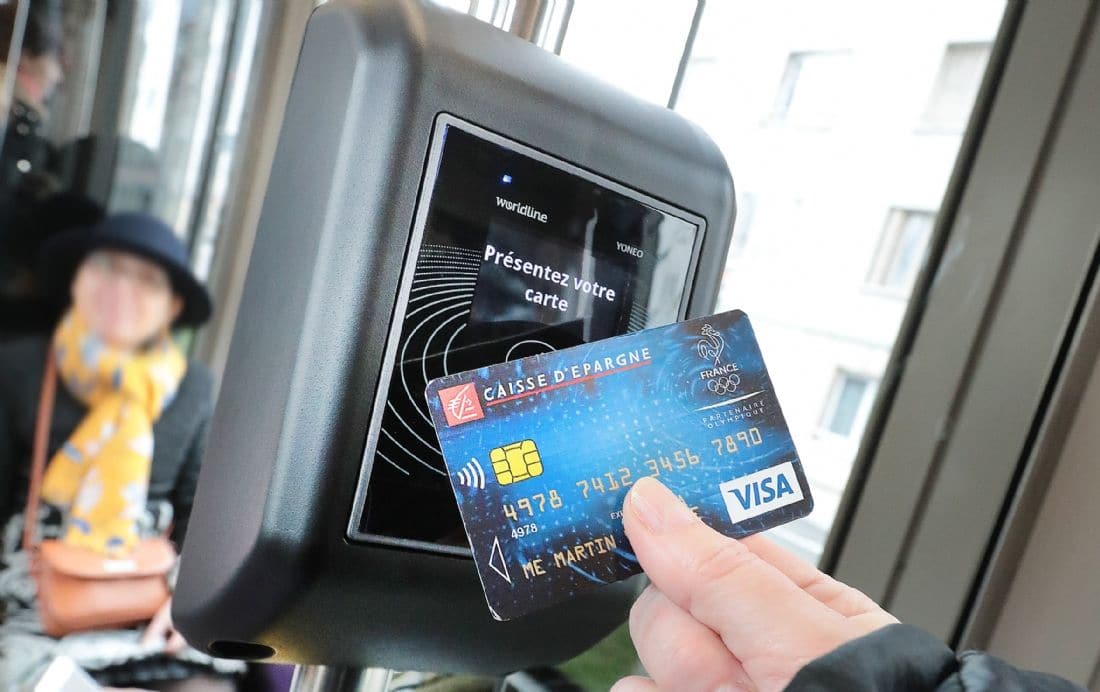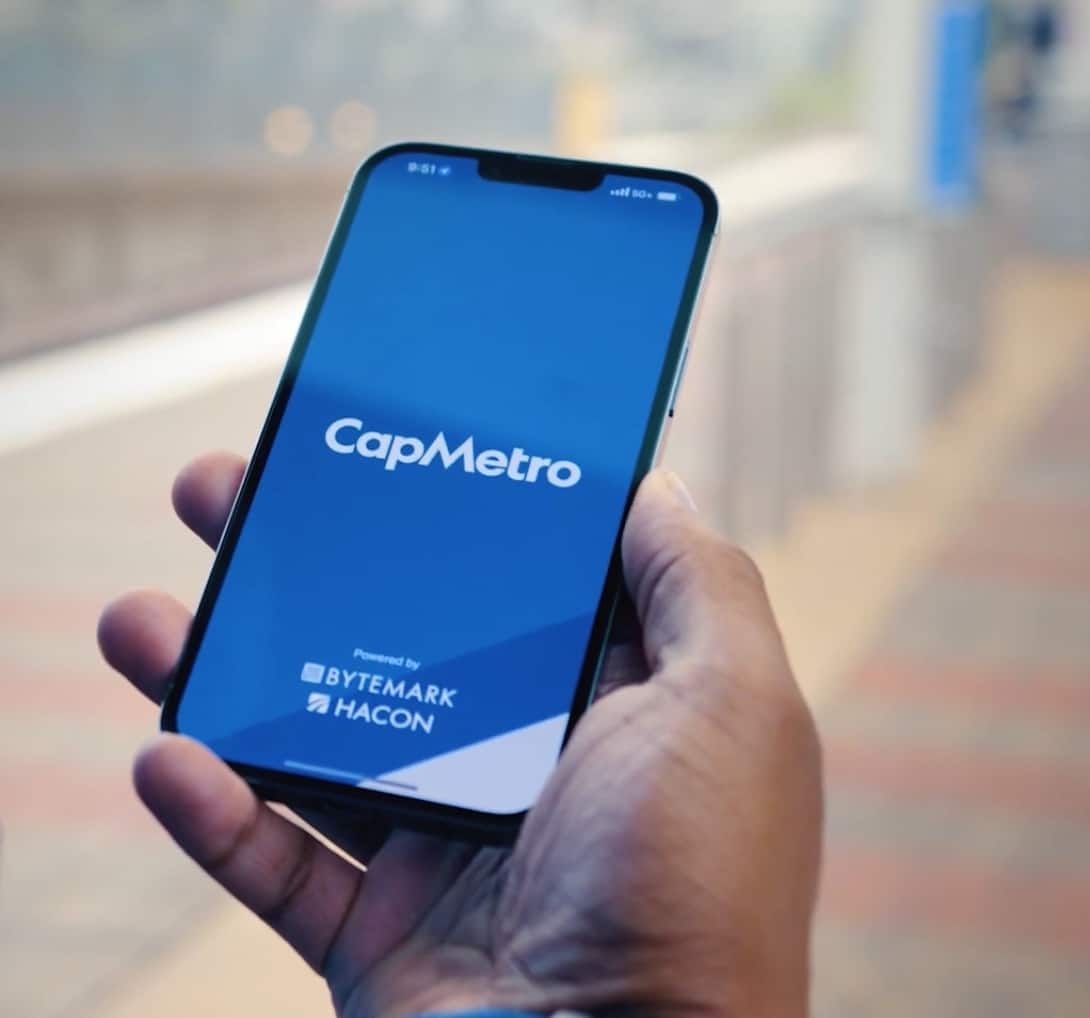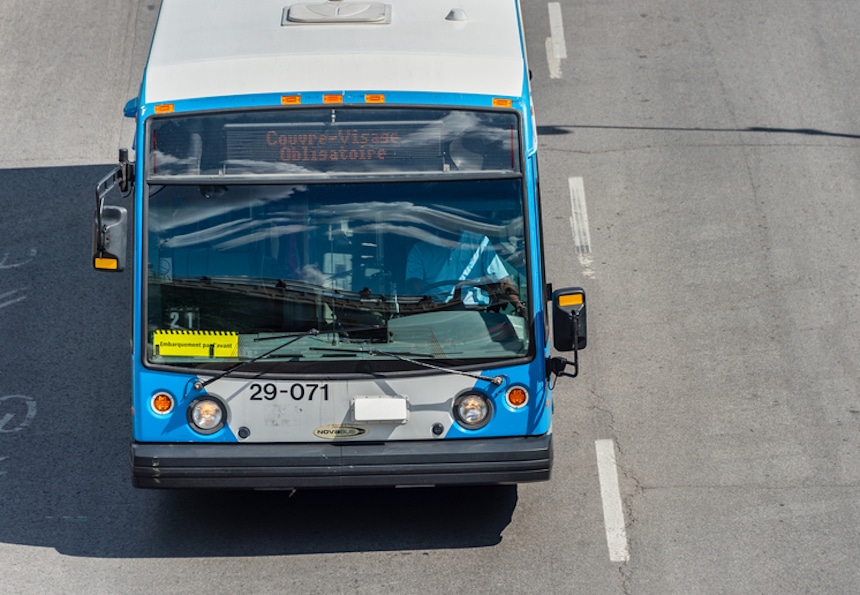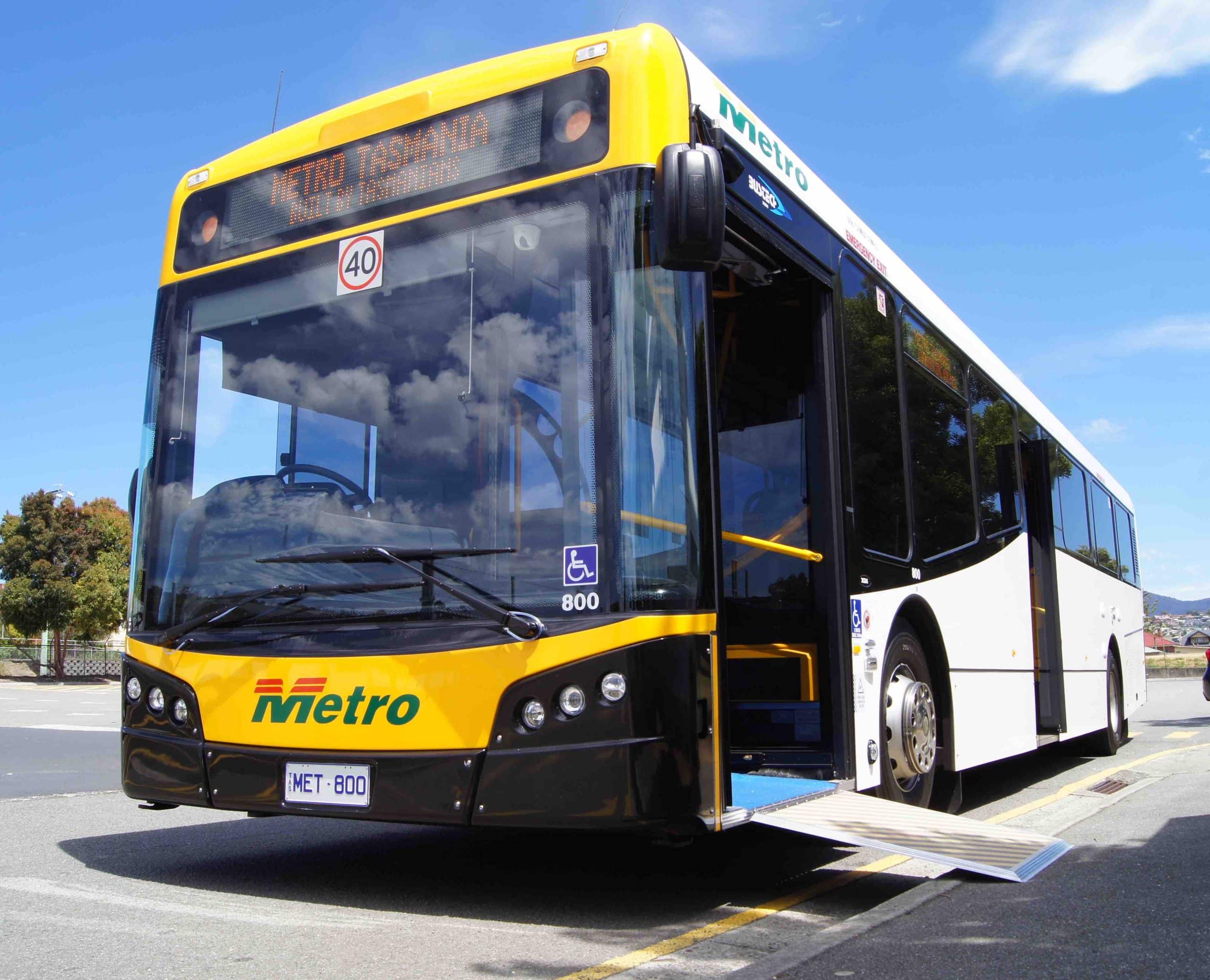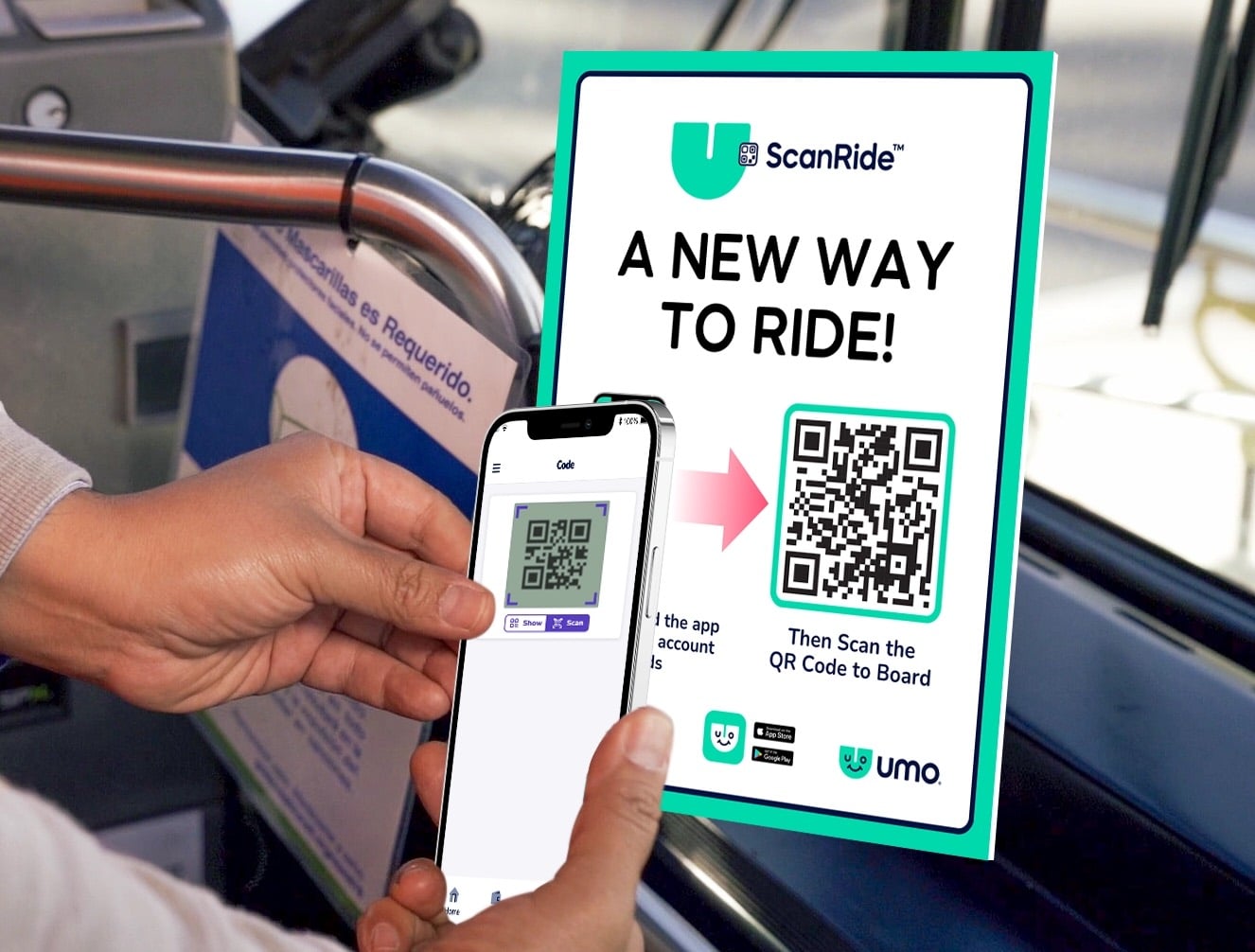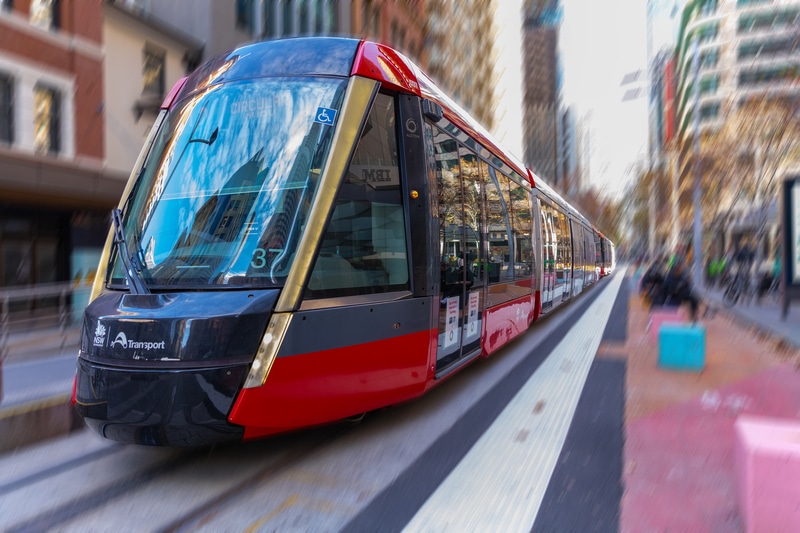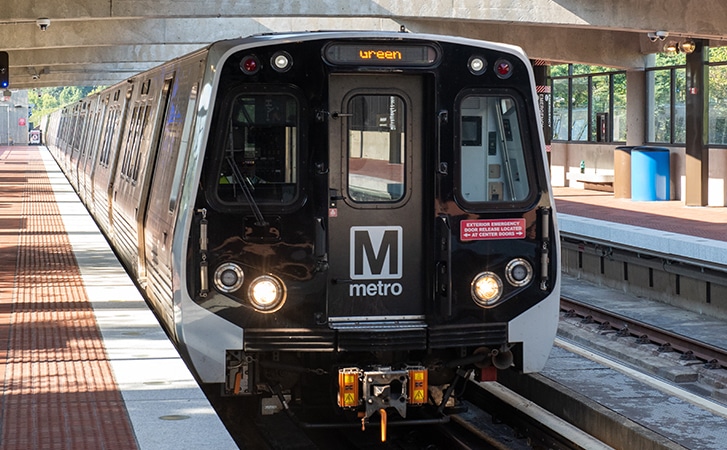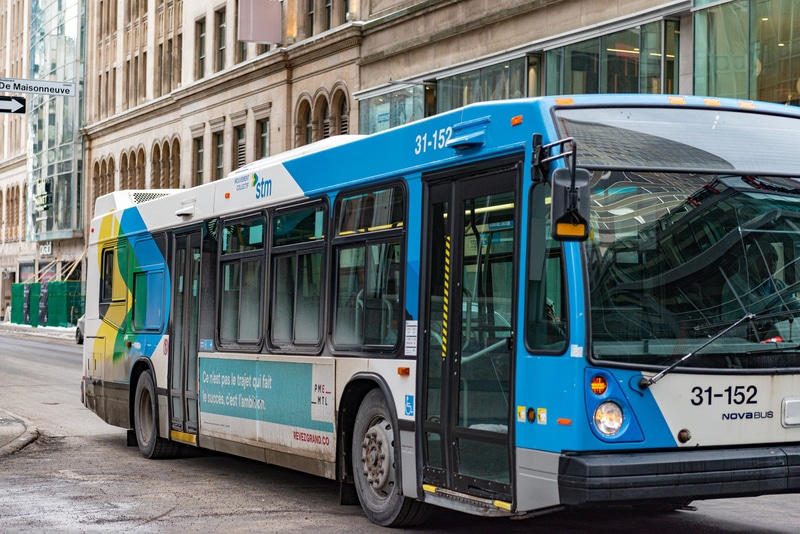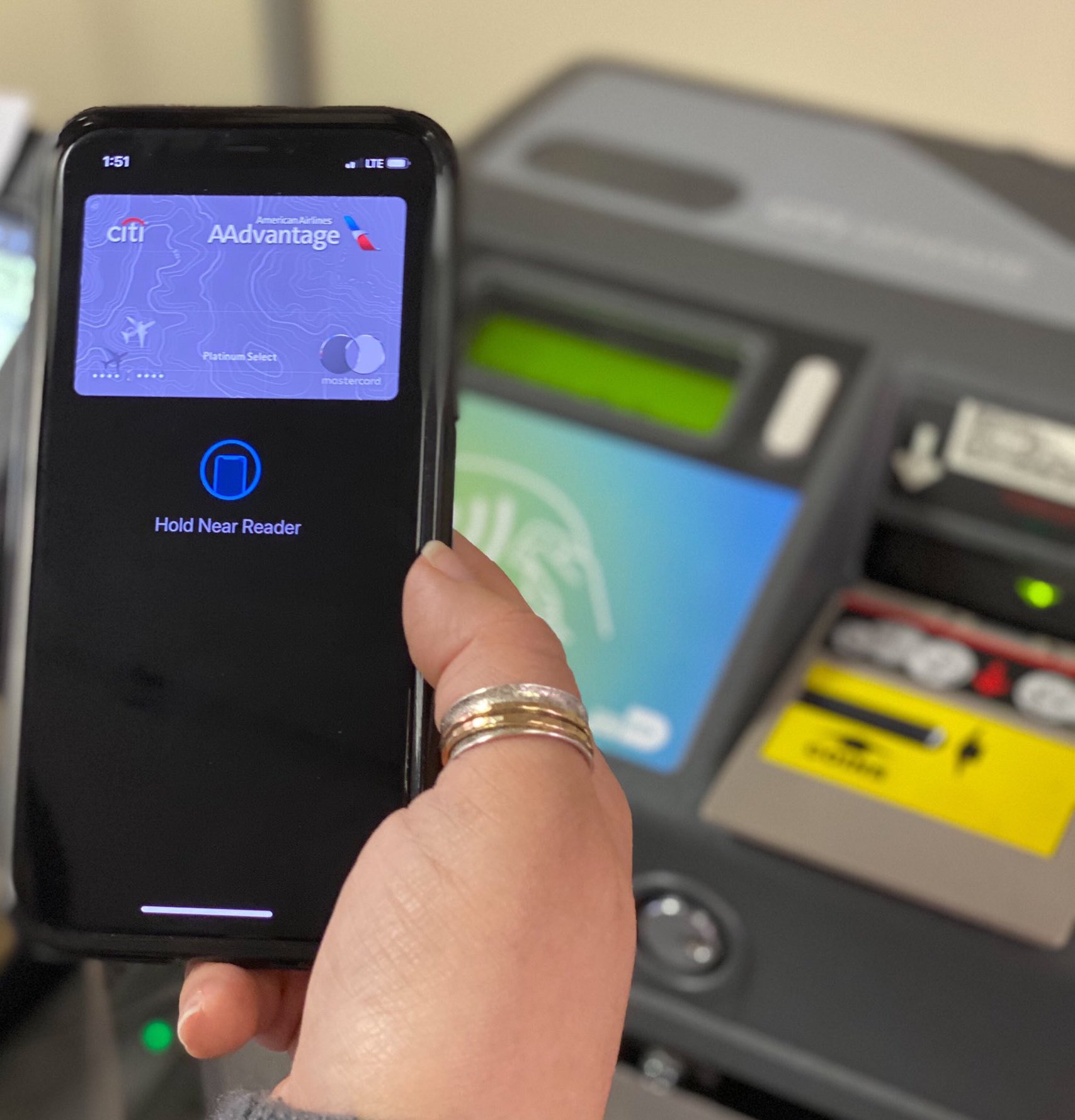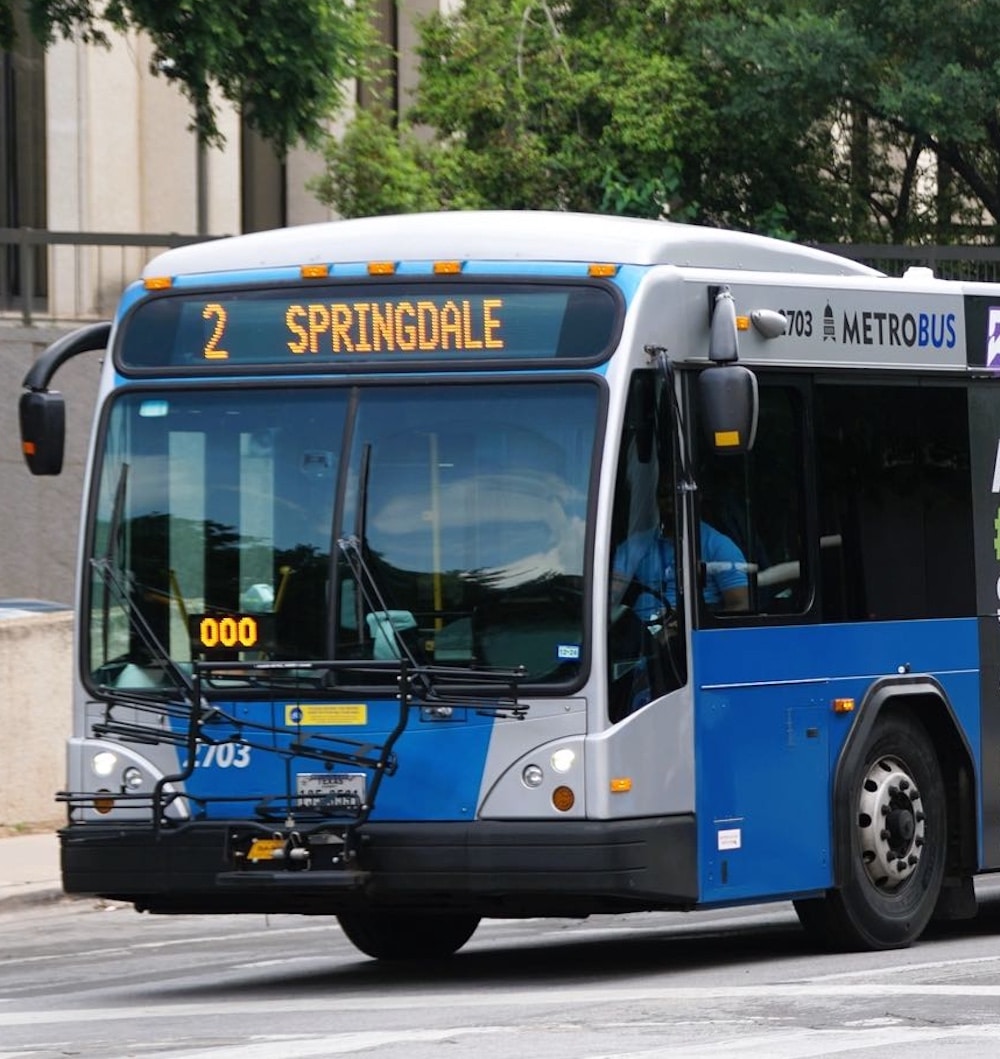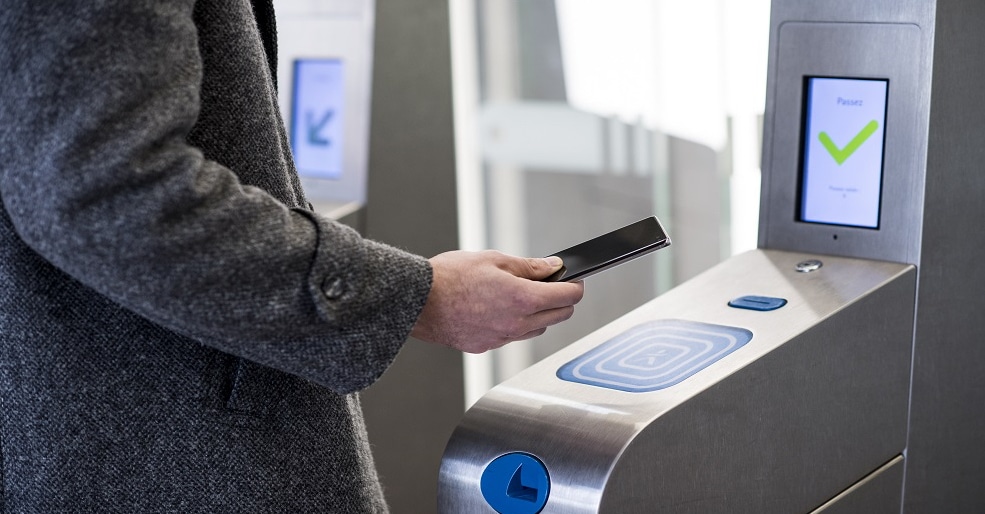
Article Highlights
Users of open-loop payments in France are mainly tourists and occasional riders paying for single tickets–not the transit agencies’ regular customers–the head of a company that implements closed-loop mobile NFC ticketing in France.
In France, both frequent and occasional riders use the NFC mobile ticketing implemented by Wizway, with a total of 1 million downloads to date. He said 3 million trips were paid for with the NFC digital ticketing across nine or more networks in France in the second quarter of 2022. While the trip numbers are still relatively small, they are growing by around 30% per quarter, according to Wizway.
• IDFM (Paris)
• Wizway
• SL (Stockholm)
• ATAC (Rome)
• Calypso</a
Users of open-loop payments in France are mainly tourists and occasional riders paying for single tickets–not the transit agencies’ regular customers–the head of a company that implements closed-loop mobile NFC ticketing in France, told Mobility Payments.







